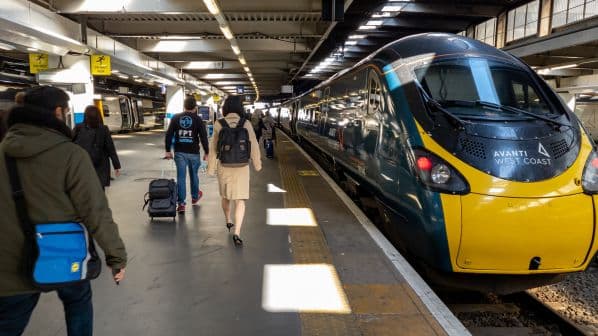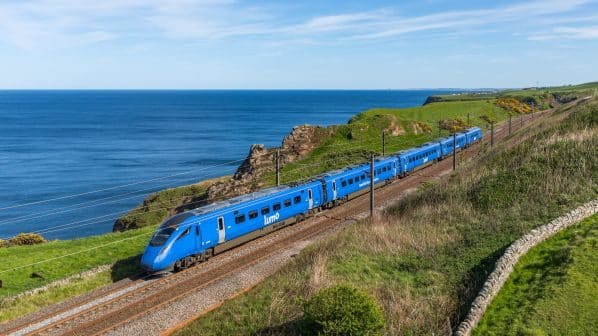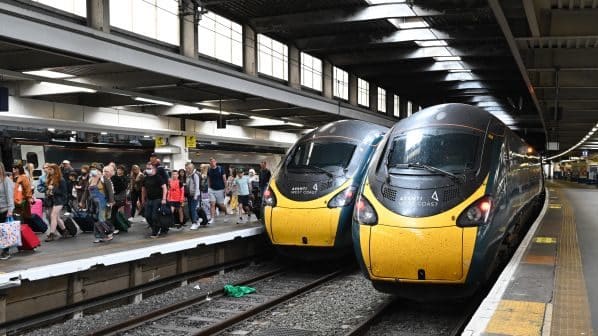THE ability to work and communicate on the move is one of the unique selling points of rail travel. At a time when operators need to encourage people to return to rail after the Covid-19 pandemic, Britain's Department for Transport (DfT) is considering abandoning Wi-Fi on trains to cut operating costs.
“Given the post-pandemic need to get more passengers back on the train it would be difficult to justify removing something that makes rail more attractive to customers,” Mr Anthony Smith, chief executive of passenger watchdog Transport Focus, told the BBC.
“Our railways are currently not financially sustainable, and it is unfair to continue asking taxpayers to foot the bill, which is why reform of all aspects of the railways is essential,” the DfT says.
“Passenger surveys consistently show that on-train Wi-Fi is low on their list of priorities, so it is only right we work with operators to review whether the current service delivers the best possible value for money.”
But this flies in the face of the large numbers of passengers using their smartphones, tablets and laptops on trains, especially on long-distance services.
“As well as frustrating current passengers, operators risk losing the next generation of travellers as data shows that 64% of 16 to 24 year-olds are likely to switch to rail if they had access to improved onboard Wi-Fi,” says Mr David Pitt, vice-president UK at SilverRail, a B2B travel technology company.
“Existing on-train Wi-Fi is struggling to keep up with demand, and the business case for a constant, ultrafast Wi-Fi service is clear, especially in areas with poor mobile service,” says Mr Simon Holmes, managing director of Evo-Rail, a rail telecoms company formed out of FirstGroup.
Evo-Rail has developed Rail-5G, a superfast Wi-Fi solution to address the lack of reliable mobile coverage and bandwidth on Britain’s rail network.
“Wi-Fi is no longer a luxury, but a necessity for rail passengers as journey distances increase in favour of out-of-town living,” Holmes says.
This is a short-term view which will further leave the UK’s railways behind their global counterparts and struggling to deliver the modern, appealing rail service passengers expect and need.”
This view was echoed by Mr Andy Bagnall, chief executive of Rail Partners, who said: “As we look to attract customers back to the railway post pandemic, we should be innovating to improve customer experience rather than removing features many passengers value and which support the wider economy.
“While there is a need to control costs, the consideration of this proposal is a symptom of the current disjointed management of industry finances where revenue and cost are looked at separately and operators are unable to innovate in response to customer needs.
“Revenue and cost considerations need to be reunited in one place as quickly as possible, and operators need to be given the freedom to attract customers back to rail, or we risk a spiral of decline on the railway.”




